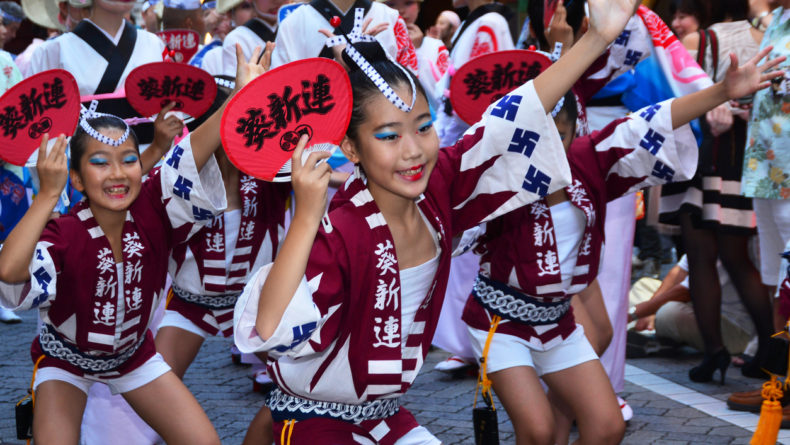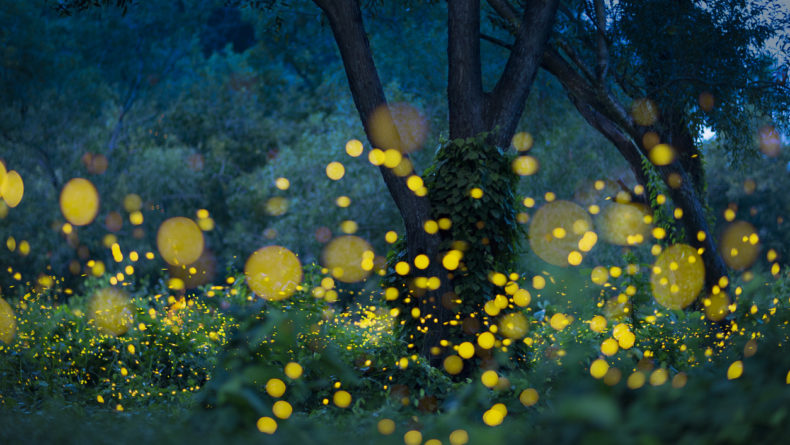Tanabata: The Most Romantic Night In Japan
Wish Upon A Star
"True love stories never have endings," American writer Richard Bach once said. No other words could ever describe the essence of Tanabata, one of Japan's most beautiful summer festivals. A romantic legend, the story of Japan's best-known lovers has endured for centuries and this year again, we celebrate romance—on this one very night when love prevails.
Tanabata is one of the most famous summer festivals in Japan. It is celebrated on July 7 and literally means the “seventh night.” Known as the Star Festival, it is one of the many Japanese festivals originating from China. It has been celebrated in Japan since the 700s.
Though there are a few variations about the origins of Tanabata, they all revolve around two lovers who have to cross the Milky Way to be with each other only for one single night each year.
A Legend of Eternal Love & Patience
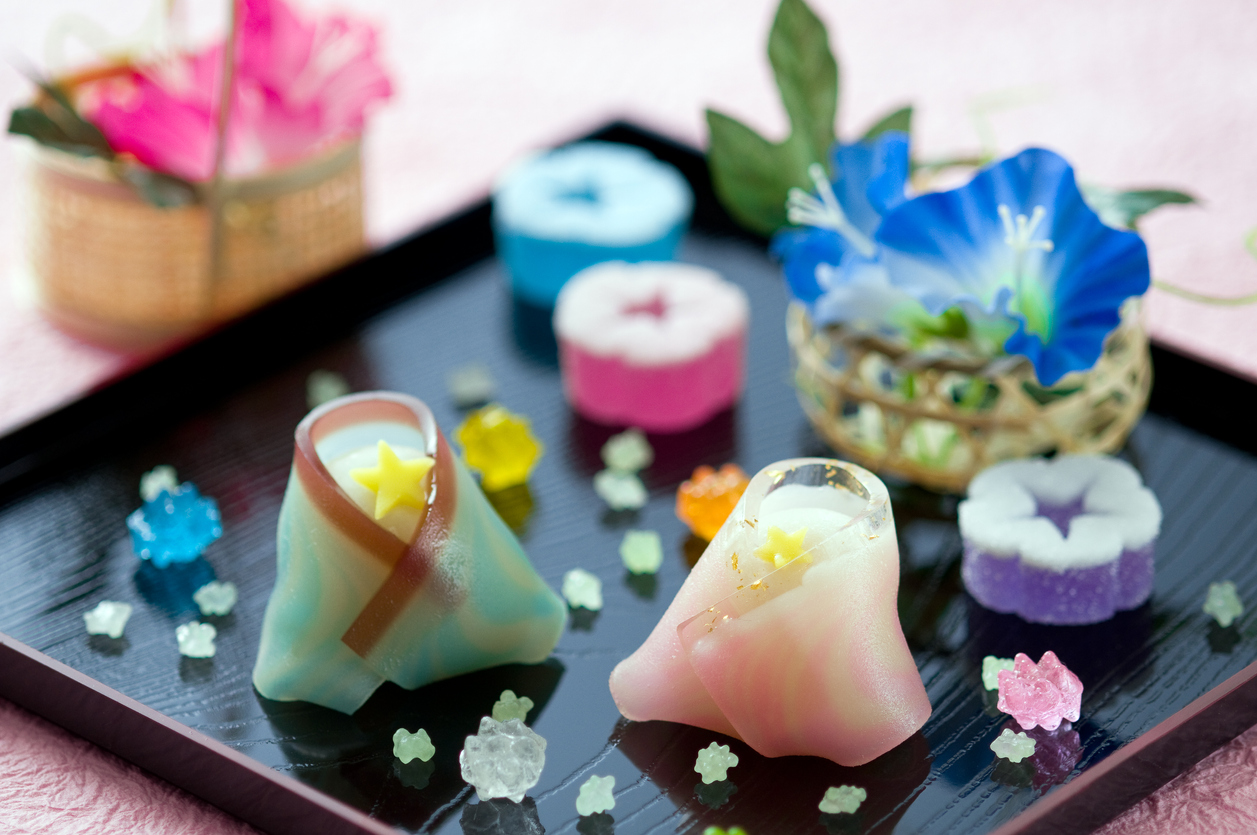 © Photo by iStock: chikaphotograph
© Photo by iStock: chikaphotographThe legend goes that Orihime (a weaving princess) and Hikoboshi (a cowherd), met and fell truly, madly, deeply in love with each other, and eventually tied the knot. But love—being the only thing on their minds—shifted their attention from work to each other. Making them—in the eyes of others—lazy and demotivated. Orihime’s father, the king of the Heavens, furious at their negligence of other important affairs separated them, sending the two to opposite sides of the Milky Way. Orihime became the star Vega and Hikoboshi, the star Altair.
Heartbroken Orihime cried her heart out day and night—which didn’t help much in getting her back on track, as her father had hoped. Moved by Orihime’s tears, the king agreed to allow the couple to meet only once a year—on July 7. And that is how Tanabata was born.
Tanabata Celebrations & Festivals
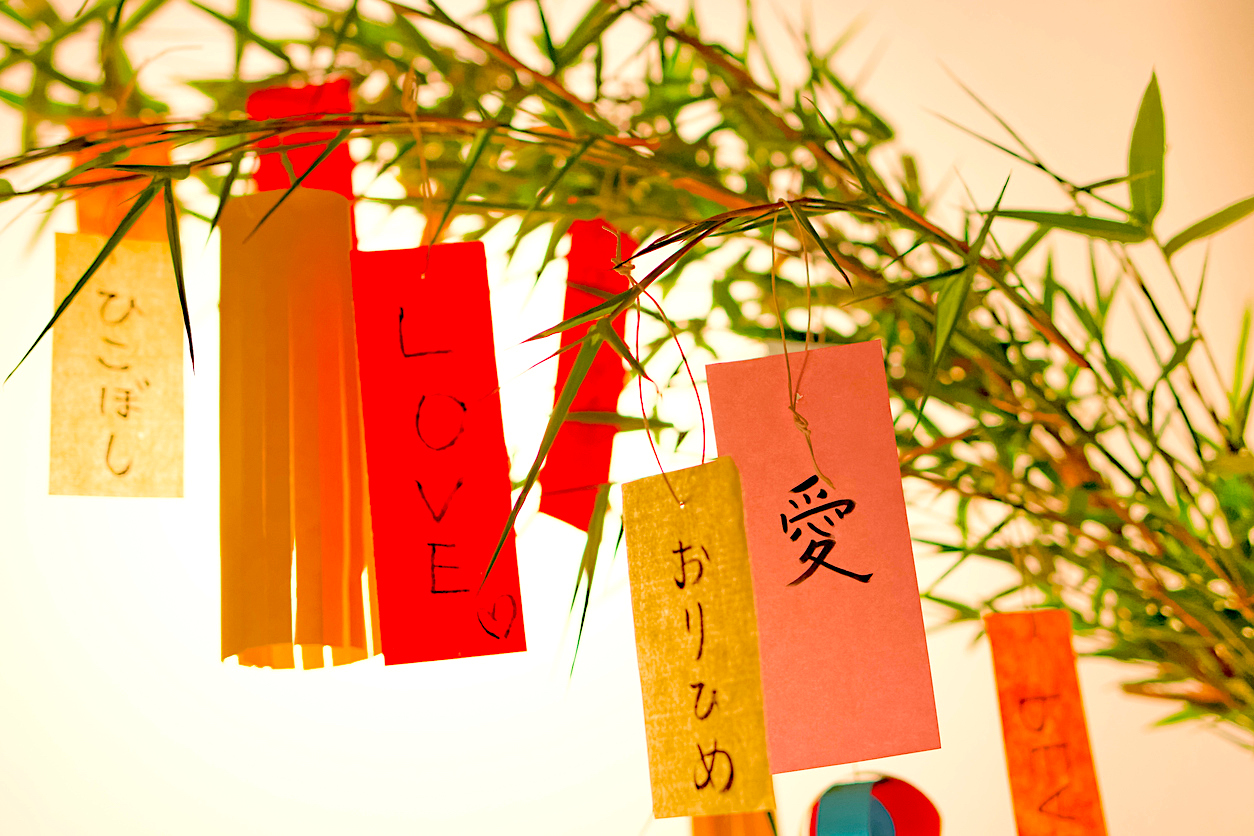 © Photo by iStock: nikoniko_happy
© Photo by iStock: nikoniko_happyJapan celebrates Tanabata on or around July 7th by writing their wishes on colorful pieces of paper—tanzaku—and hanging them on bamboo tree branches. While Tanabata revolves around the beginning of July, the festival is also celebrated in late July or early August in some areas of Japan.
Tanabata Festivals In Japan
Check out one of the following festivals and admire beautiful Tanabata displays and tanzaku all over Japan. Make your wish today, and take some notes for next year!
1. Shitamachi Tanabata Festival (Tokyo)
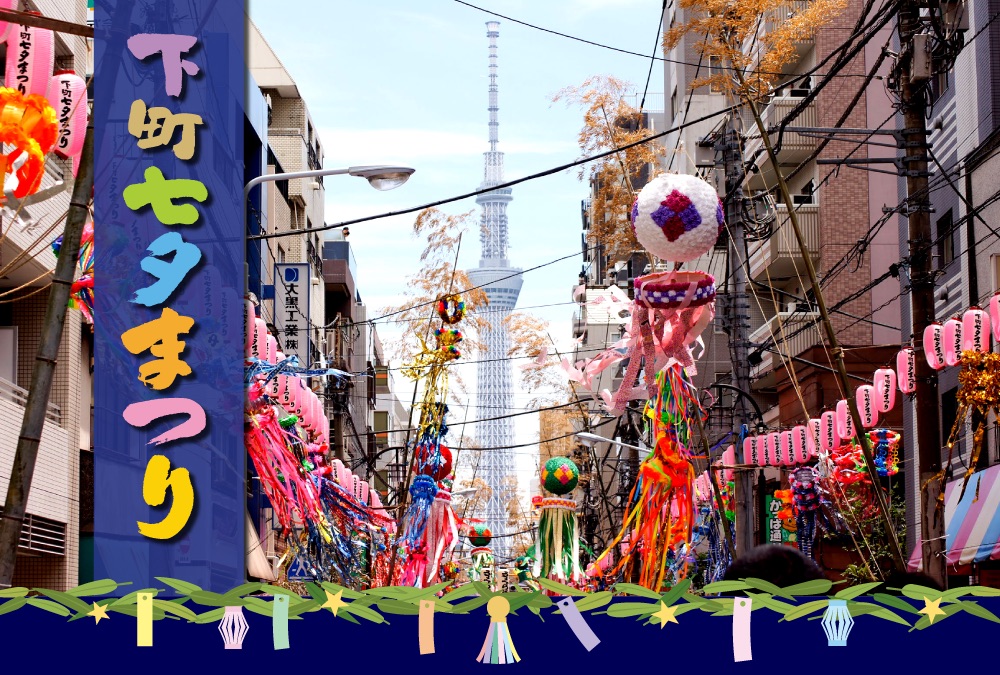 © Photo by Shitamachi Tanabata Festival
© Photo by Shitamachi Tanabata FestivalThe highlight of the Shitamachi Tanabata Festival, located near Asakusa, is its exciting parade, which is held throughout the weekend. You’ll enjoy the street performances, marching bands and dance parades. The fun doesn’t end after the parade, though! There will be plenty of food stalls, craft markets and other festival games. The festival is held around the Kappa Bridge main street near Asakusa station.
- Date: Thu, Jul. 4-Mon, Jul. 8, 2024
2. Zojoji Temple Tanabata Festival (Tokyo)
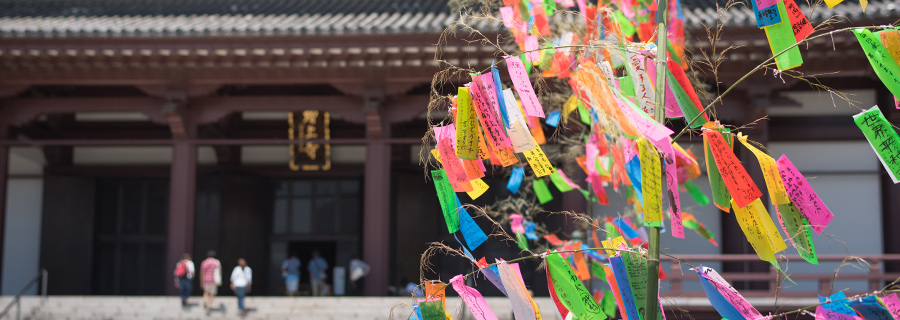 © Photo by Zojoji Temple
© Photo by Zojoji TempleZojoji is perhaps one of the best spots in Tokyo to visit this time of the year. There are several giant bamboo branches on which you can write and hang your paper wishes. With Tokyo Tower as a backdrop, this is a really beautiful and very Insta-friendly Tanabata spot.
In addition, the “Washi Candle Night” is a unique event in which hundreds of Japanese paper lanterns are decorated like the Milky Way on the path leading to the Temple. The candles will be lit on Tanabata, forming a beautiful and romantic spot. The candle festival is scheduled for July 6-7, from 6 pm to 9 pm.
- Date: Mon, Jul. 1-Sun, Jul. 7, 2024 (Candle Festival: Sat, Jul. 6-Sun, Jul. 7, 2024)
3. Shonan Hiratsuka Tanabata Festival (Kanagawa)
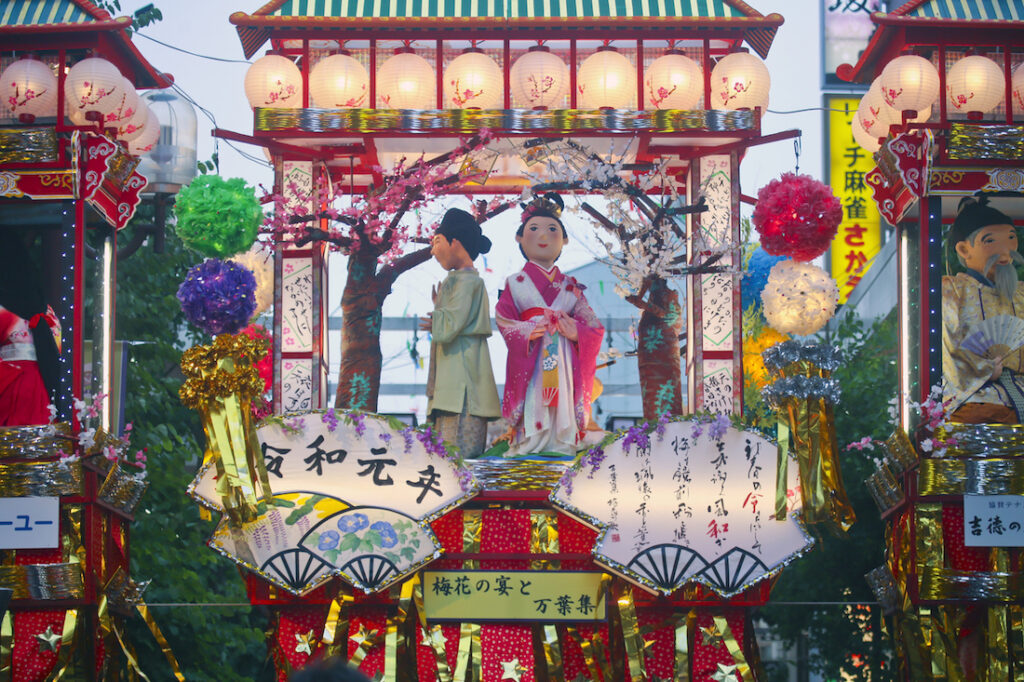 © Photo by iStock: JianGang Wang
© Photo by iStock: JianGang WangThis Shonan Hiratsuka Tanabata Festival was launched to revive the area after World War II. More than 500 kinds of decorations—some of them over 50 meters high—adorn the shopping arcade around JR Hiratsuka Station. Moreover, over the three days, parades, street performances—for some reason, dinosaurs and motor shows, too—will entertain the crowds to their best.
- Date: Fri, Jul. 5-Sun, Jul. 7, 2024
4. Sendai Tanabata Festival (Miyagi)
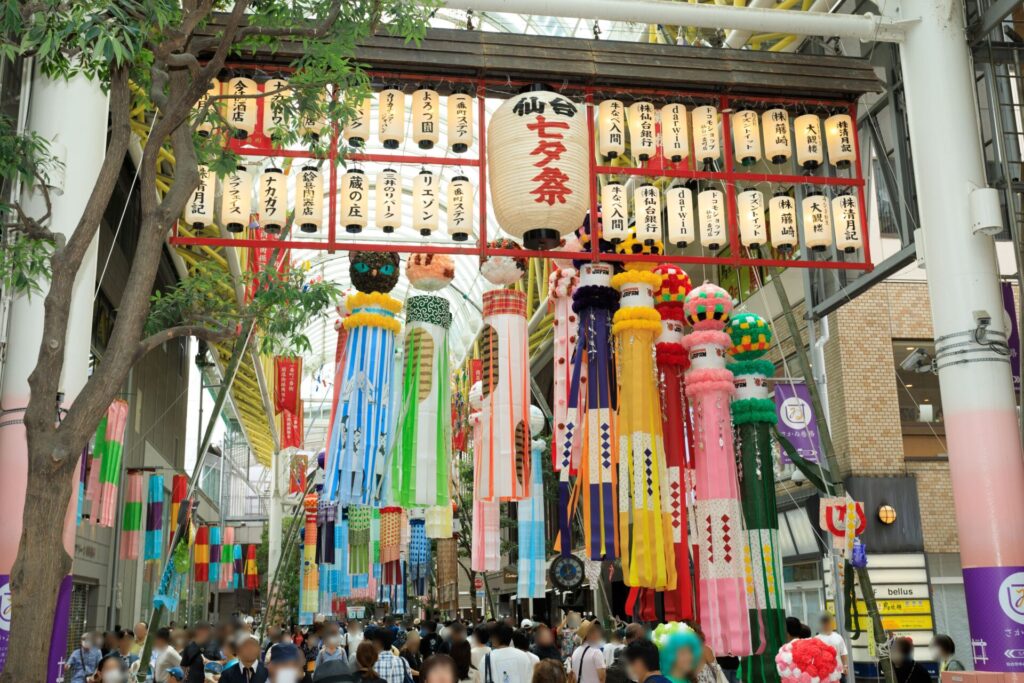 © Photo by Sendai Tanabata Festival
© Photo by Sendai Tanabata FestivalCelebrated for three days at the beginning of August, this Sendai Tanabata Festival features a variety of events throughout the day and night. It is perhaps the most famous Tanabata festival in Japan. Every year, nearly two million tourists flock to see the thousands of wishes and beautiful decorations hung along the shopping arcade, starting from Sendai Station. Not only is it a spectacular sight but also a wonderful opportunity to experience Japan at its brightest and liveliest!
- Dates: Tue, Aug. 6-Thu, Aug. 8, 2024
5. Anjo Tanabata Festival (Aichi)
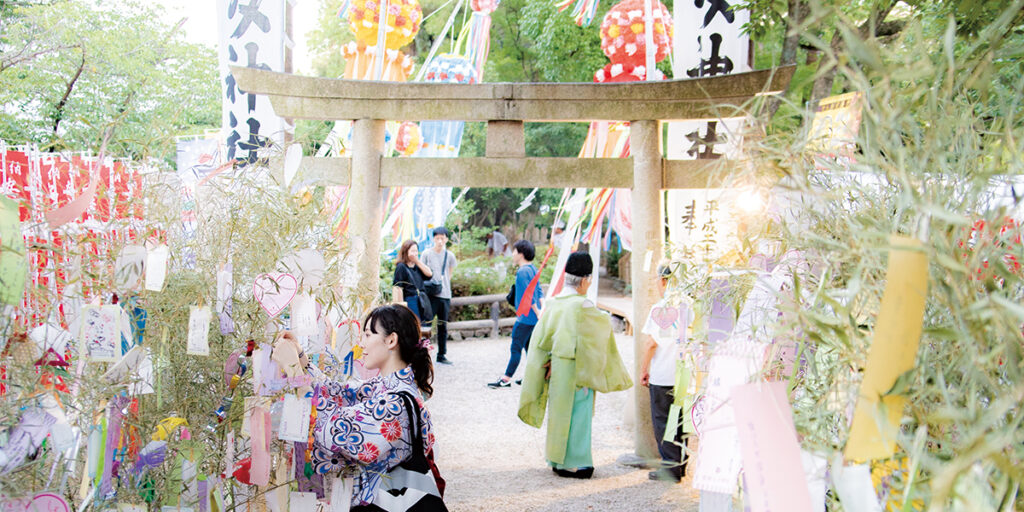 © Photo by Anjo Tanabata Festival
© Photo by Anjo Tanabata FestivalThe popular and picturesque Anjo Tanabata Festival boasts one of the longest Tanabata-decorated streets in Japan. It is also known for breaking the record of the most significant number of “make-a-wish” papers on bamboo branches in the world in 2013. Another popular event is the “make a wish” balloon release, in which participants write their wishes on a balloon instead of a paper strap and release it simultaneously in the air. Without a doubt, it is one of the most beautiful and romantic summer events you’ll ever see in Japan!
- Date: Fri, Aug. 2-Sun, Aug. 4, 2024
6. Tanabata Lantern Festival (Yamaguchi)
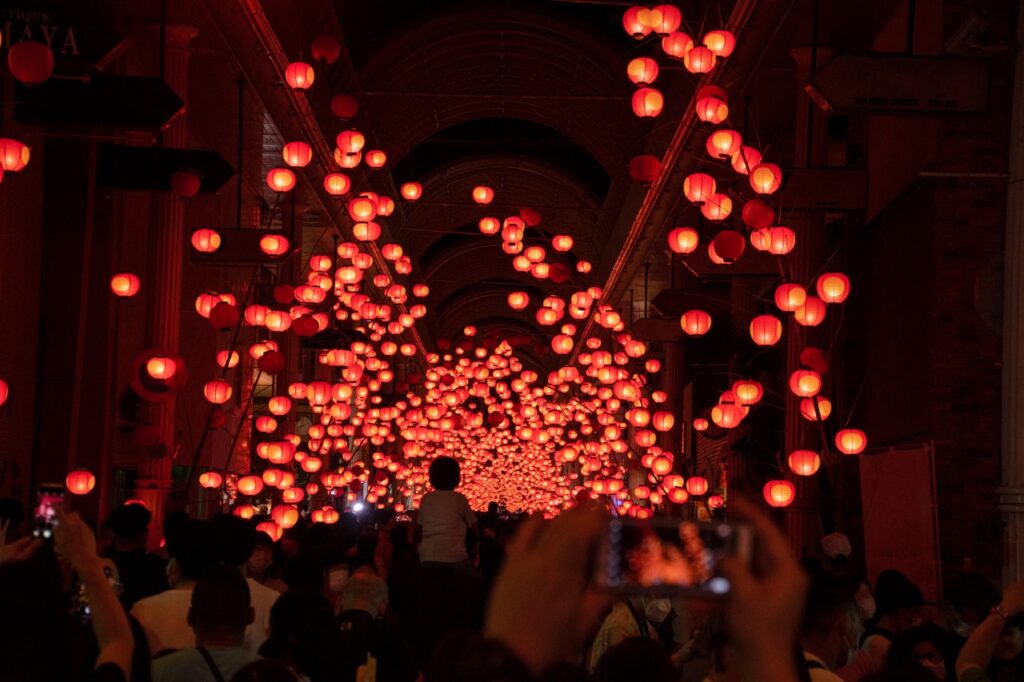 © Photo by Tanabata Lantern Festival
© Photo by Tanabata Lantern FestivalOriginating in the Muromachi era (1336-1573), the summer night Tanabata Lantern Festival lights up over 100,000 paper lanterns, creating one of the most romantic nights one can possibly imagine. You’ll also find plenty of food stalls in the evening, accompanied by cheering festival tunes.
- Date: Tue, Aug. 6-Wed, Aug. 7, 2024
7. Kyo No Tanabata (Kyoto)
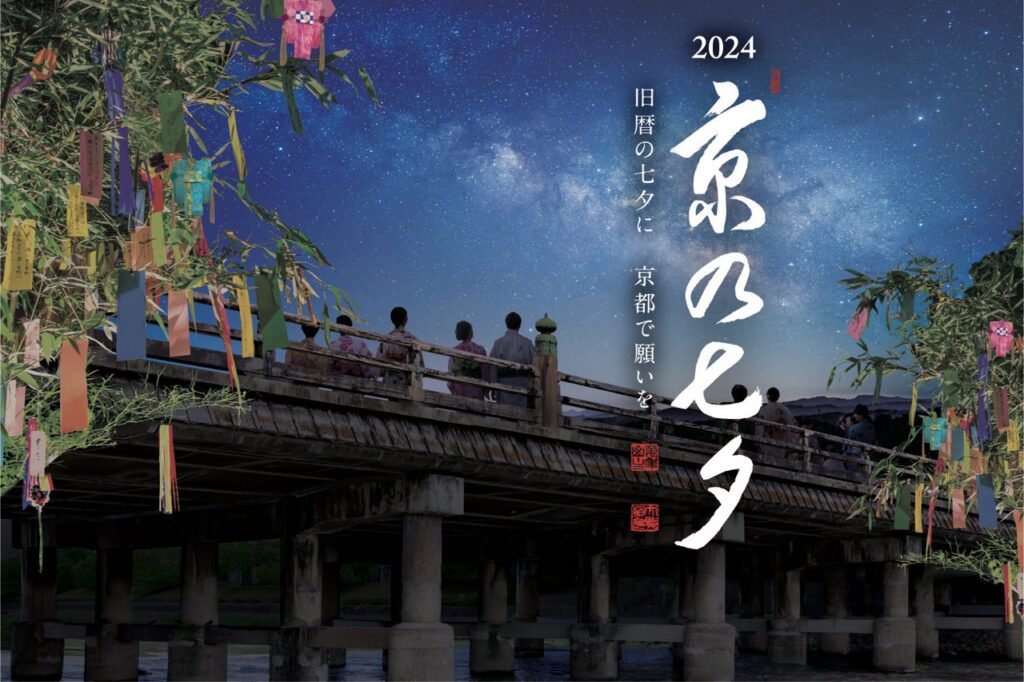 © Photo by Kyo No Tanabata
© Photo by Kyo No TanabataThough held at several locations, most people will be visiting this festival for the Horikawa and Kamogawa spots, characterized by beautifully decorated bamboo branches, lit-up streets and various Tanabata-inspired exhibitions. Hirokawa has a beautifully illuminated Milky Way-inspired tunnel. At the same time, at the Kamogawa site, visitors can sit along the river and enjoy the splendid sight of wind chimes created using traditional Kyoto craftsmanship. The Kyo no Tanabata Festival is held in the Horikawa and Kamogawa areas and a little longer at Nijo Castle.
- Date: Mon, Jul. 1-Sat, Aug. 31, 2024
Check out this article for fun ways to celebrate Tanabata with your kids! What are your plans for Tanabata this year?
This article was initially published in 2016. It has been updated for 2024.













